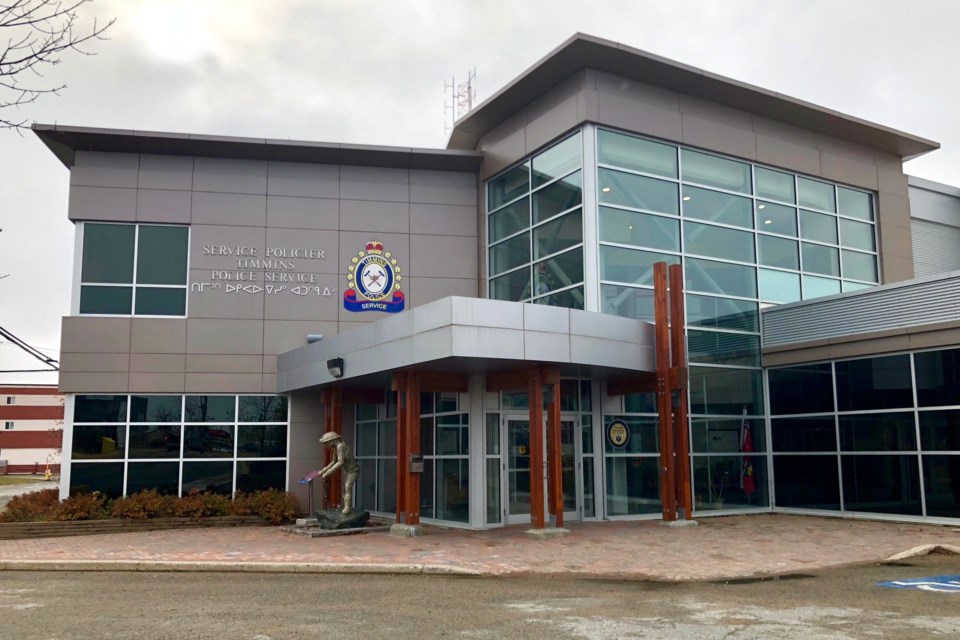With marijuana being legalized next week, the Timmins Police are preparing for the changes.
Oct. 17, it will be legal for people 19 and older to buy, use, possess and grow recreational marijuana in Ontario.
Local police have been prepping for the legislation for a while, but there has been a shift in where marijuana can be consumed since the last Timmins Police Services Board meeting. They are also finalizing procedures for how members of the service can consume it.
“We certainly thought at the last meeting that they would be adopting the same regulations as the Liquor License Act and how liquor was applied and regulated in the province,” said Timmins Police Chief John Gauthier.
Cannabis will, however, fall under the same guidelines as the Smoke Free Ontario Act.
“So basically, if we break it down, people will be able to smoke cannabis on the street, on the sidewalk, in public places. Those are some of the biggest changes,” he said.
At first, people will be able to buy up to 30 grams of weed online through the Ontario Cannabis Retail Corporation. A private retail model is expected by April 2019.
Municipalities will have until Jan. 22, 2019 to opt out of having retail stores.
“Municipalities would not be able to designate cannabis retail as a separate land use from the retail generally or create a cannabis retail licensing regime within their own jurisdiction, which basically means anywhere you’re allowed to put a current retail business, a cannabis retail business would be allowed to enter into that spot too,” said Timmins Mayor Steve Black.
He explained that if Ontario’s portion of the federal duty on cannabis exceeds $100 million in the first two years, the province will give 50 per cent of the surplus to municipalities that don’t opt out.
“The province is giving municipalities the choice to opt out, but if you opt out you sacrifice funding in the future by the looks of what is currently being rolled out,” said Black.
Rules for how local officers can consume marijuana are still being ironed out.
Gauthier explained there are a lot of unknowns with THC.
He said a breathalyzer technician, for example, could accurately say what the elimination of alcohol is through somebody’s system. They don’t know the elimination rate of THC, however.
“Right now, we can’t do it with a lot of degree of certainty when it comes to THC, we don’t know what that is” he said.
“Moving forward, if we come up with a number which is five hours, 10 hours, 28 days, 24 hours, because it’s an operating procedure, I can then go back as the science gets a little more clear for us and change our internal policies, if I have to.”
While there is a federally-approved screening tool available, at the September police services board meeting Gauthier recommended not buying it quite yet.
He said they should wait until the science is better, and to find one that works best for Timmins.
There is physical testing that is done roadside if an officer suspects someone is driving impaired.
There are now 28 members of the Timmins Police Service fully trained on standard field sobriety testing. An officer is also attending the drug recognition expert course in December.
“From an enforcement perspective, we’re going to be as ready as we can and certainly we’re going to take impaired driving very, very seriously, as we always have,” Gauthier said.
Because of the change in where marijuana can be consumed, enforcement won’t necessarily fall on the police.
“We’re not the tobacco police, and if it’s legalized and you can consume on the street, you are not breaking a law,” Gauthier said.
Black said people who currently enforce the smoking bylaw — the Porcupine Health Unit and bylaw officers — will enforce cannabis.



